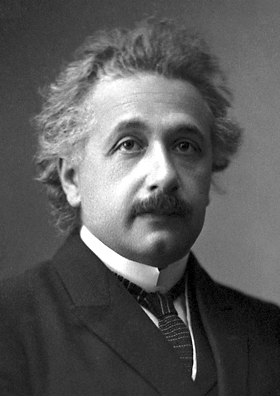Formal science facts for kids
Formal science is a special kind of science that studies ideas and rules, not things you can touch or see. Think of it like building with ideas! It looks at things like logic, mathematics, statistics, and computer science.
While other sciences, like natural sciences (which study nature) and social sciences (which study people), use experiments and observations, formal sciences use formal systems. These systems are like special languages or rulebooks for thinking.
Formal sciences are super helpful for other sciences. They give them the tools and ways of thinking to understand the world better and figure out what conclusions can be made.
What are the Branches of Formal Science?
Formal science includes many interesting areas:
- Logic: This is about how we reason and think correctly. It helps us figure out if an argument makes sense.
- Mathematics: This is the study of numbers, shapes, patterns, and how they relate. It's used everywhere, from building bridges to understanding space.
- Statistics: This helps us collect, organize, and understand data. It's how we make sense of lots of information, like survey results or sports scores.
- Data science: This field uses math and computer skills to find hidden patterns and insights in huge amounts of data.
- Information science: This is about how information is created, stored, found, and used.
- Systems science: This looks at how different parts of a system work together as a whole, whether it's a computer system or an ecosystem.
- Computer science: This is the study of computers and computing. It includes how computers work, how to program them, and how to solve problems using them.
How is Formal Science Different?
A famous scientist named Albert Einstein once said that mathematics is special because its rules are always true and can't be argued with. This is a big difference between formal sciences and other sciences.
In formal sciences, you start with a few basic ideas or rules called axioms. Think of axioms as starting points that everyone agrees on. Then, you use logic to figure out other statements, called theorems, that must be true based on those starting rules.
Because of this, formal sciences don't rely on experiments or observations of the real world. Instead, they build their knowledge step-by-step using pure logic and definitions. This means their conclusions are very certain, as long as the starting axioms are accepted.
See also
 In Spanish: Ciencias formales para niños
In Spanish: Ciencias formales para niños 
- Philosophy
- Science
- Rationalism
- Abstract structure
- Abstraction in mathematics
- Abstraction in computer science
- Formal system
- Mathematical model


